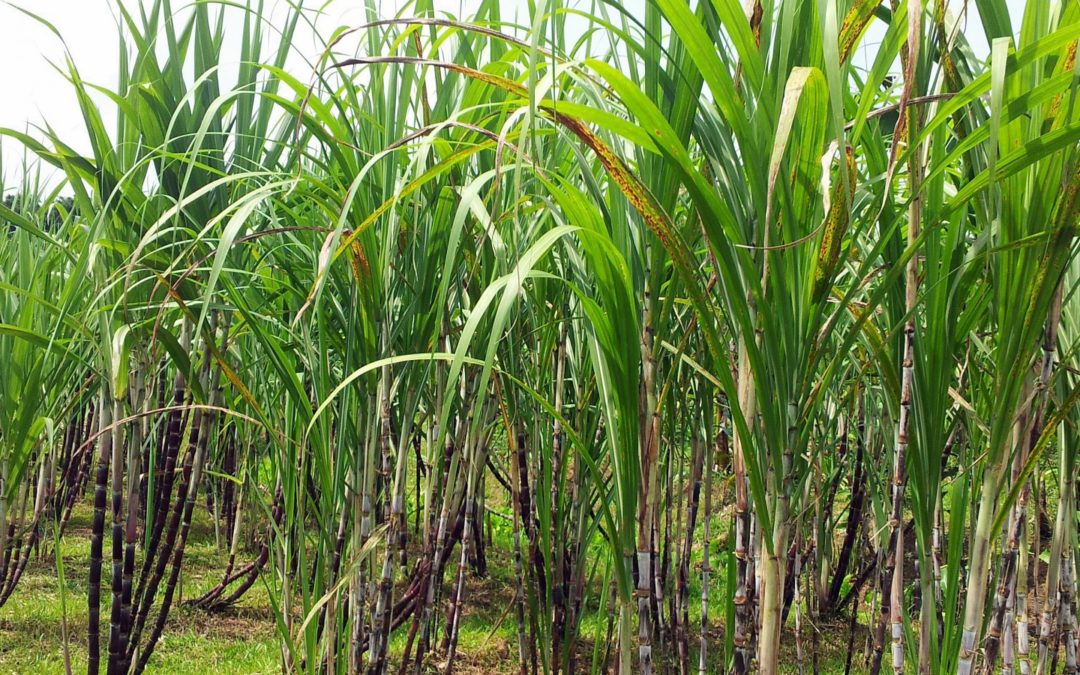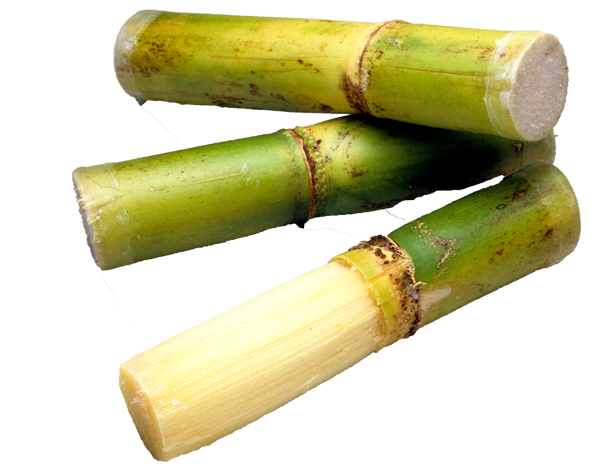A Closer Look at Sugar and Cane in the Global Food Industry
A Closer Look at Sugar and Cane in the Global Food Industry
Blog Article
Why Walking Stick Sugar Processing Chemicals Are Vital for Modern Sugar Refining
The role of walking stick sugar processing chemicals in modern-day sugar refining can not be overstated, as they are essential to improving both the efficiency of extraction and the general high quality of the final item. Representatives such as phosphoric acid and specific flocculants are employed to remove pollutants, resulting in sugar that not just satisfies customer expectations yet also sticks to sector requirements.
Function of Handling Chemicals
The efficacy of cane sugar processing pivots significantly on the strategic application of processing chemicals. These chemicals play an essential role in boosting the effectiveness and top quality of sugar extraction and refining. From the first stages of juice extraction to the last filtration steps, processing chemicals facilitate various critical operations.
In the extraction phase, chemicals such as phosphoric acid and calcium hydroxide are utilized to enhance the explanation procedure, helping to remove pollutants and suspended solids from the cane juice. This not only improves the yield but likewise makes certain the clarity of the final item. Furthermore, representatives like flocculants aid in the fast settling of pollutants, thus improving the total procedure.
As the processing advances, chemicals are utilized in decolorization and formation phases. Activated carbon and ion exchange resins serve to eliminate shade and odor, making sure that the polished sugar fulfills customer quality standards. Inevitably, the role of handling chemicals expands past functional efficiency; they substantially influence the sensory attributes of the last item, contributing to market competitiveness. Thus, the thorough choice and application of these chemicals are important for achieving optimum results in cane sugar processing.
Trick Kinds Of Chemicals
Walking stick sugar processing counts on a selection of key chemicals that promote each phase of manufacturing. These chemicals play crucial functions in making clear, bleaching, and cleansing the sugar extracted from walking stick.
One main category of chemicals consists of flocculants, such as polyacrylamide, which help in the information procedure by advertising the aggregation and settling of pollutants. In addition, calcium hydroxide is often used to counteract level of acidity and aid in the elimination of non-sugar elements.
Bleaching representatives, such as triggered carbon and sulfur dioxide, are used to decolorize the syrup, resulting in a more clear last product. These chemicals aid remove shade substances that might impact the sugar's look and marketability.
Furthermore, phosphoric acid serves as a pH regulatory authority during the processing stages, guaranteeing optimum problems for the chemical tasks entailed in sugar extraction and filtration.
Various other vital representatives include edta (ethylenediaminetetraacetic acid), which chelates metal ions that can catalyze undesirable responses, and salt hydroxide, which aids in pH control throughout the refining process. Collectively, these chemicals boost performance and ensure a premium walking cane sugar item.
Benefits for Sugar High Quality
Typically neglected, making use of certain processing chemicals considerably boosts the overall top quality of cane sugar. These chemicals play a crucial duty in refining procedures, making certain that the last product fulfills stringent market criteria for pureness and taste.

In addition, refining chemicals assist in achieving a consistent granulation and appearance, which are vital for consumer approval. By regulating the condensation procedure, these chemicals ensure that the sugar crystals create uniformly, bring about a more appealing product that dissolves well in numerous applications.
Moreover, the use of these chemicals can improve the shelf life of walking cane sugar by lessening dampness absorption and microbial development. Overall, the critical application of processing chemicals is vital for providing high-grade walking cane sugar that satisfies consumer expectations and market demands.
Environmental Impact Factors To Consider

Furthermore, the energy-intensive nature of sugar refining, worsened by chemical usage, often causes boosted carbon discharges. This adds to environment modification and elevates problems concerning the sustainability of current refining techniques. Additionally, the sourcing of these chemicals might include methods that intimidate biodiversity, such as monoculture farming, which minimizes the resilience of farming ecological communities.

To minimize these impacts, sugar refiners are progressively discovering sustainable my site alternatives and taking on best practices that lessen chemical use. Executing rigorous ecological administration systems can help make certain that the refining process aligns with environmental criteria and advertises biodiversity. Eventually, a well balanced technique that focuses on both sugar top quality and environmental stewardship is important for the long-lasting practicality of the sugar market.
Future Patterns in Refining
As the sugar industry grapples with the environmental challenges connected with conventional refining methods, innovative methods are arising to boost both effectiveness and sustainability. One substantial fad is the adoption of green chemistry concepts, which focus on making use of safe, eco-friendly processing chemicals. This shift not just decreases ecological impact however additionally addresses consumer demand for cleaner production methods.
An additional encouraging development is the application of innovative filtration innovations, such as membrane layer splitting up and adsorption procedures. These methods improve the clearness and quality of the sugar while reducing the volume of wastewater generated throughout refining. Furthermore, the combination of electronic technologies, consisting of IoT and AI, is changing operational efficiency by making it possible for real-time surveillance and predictive upkeep, hence reducing source waste.
Furthermore, making use of byproducts from sugar refining, such as bagasse and molasses, is obtaining grip. These products can be exchanged biofuels or value-added products, adding to a circular economy within the sector. Jointly, these patterns signify a shift towards even more lasting techniques that not only boost functional performance but likewise align with worldwide sustainability goals, making certain the future viability of sugar refining.
Verdict
Walking stick sugar handling chemicals are crucial in modern sugar refining, dramatically boosting the effectiveness and high quality of sugar extraction. The critical usage of these chemicals not only boosts the purity and taste of the final product however likewise makes certain regular crystallization and texture. hop over to these guys As the sector progressively prioritizes sustainability, the adoption of environmentally-friendly handling agents is likely to form future fads in refining, ultimately leading to better products and extended rack life for consumers.

Eventually, a balanced approach that focuses on both sugar quality and environmental stewardship is essential for the long-term stability of the sugar market.
Cane sugar handling chemicals are crucial in modern sugar refining, significantly boosting the effectiveness and high quality of sugar removal.
Report this page